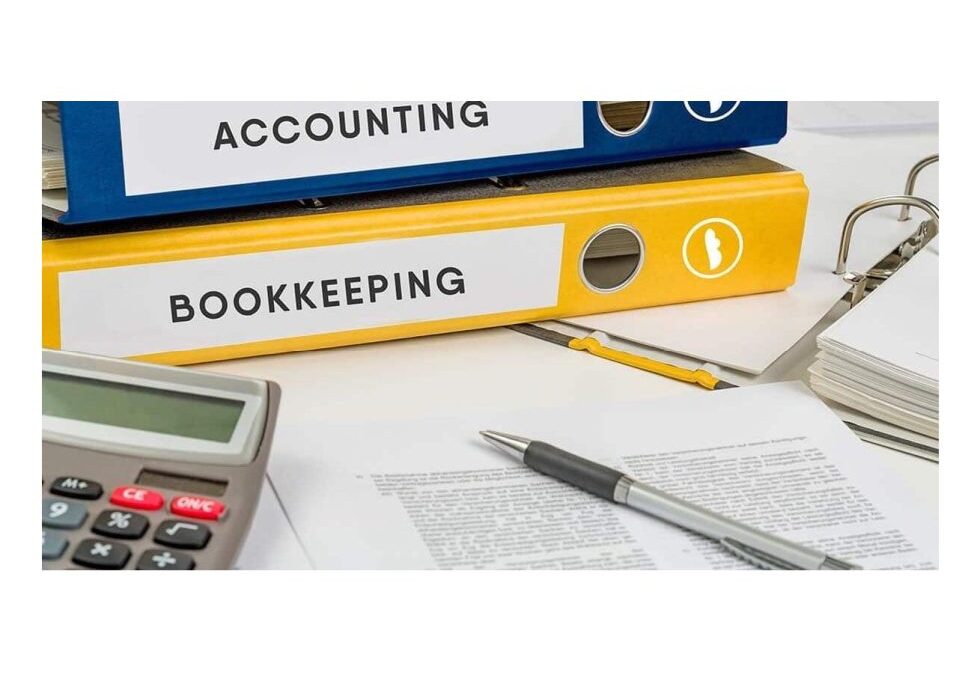Running a business means juggling multiple responsibilities, from managing daily operations to ensuring your finances are in order. But when it comes to financial management, many business owners wonder: Do I need a bookkeeper or an accountant? Understanding the differences between these roles and knowing when to hire each can help you make informed decisions and keep your business financially healthy.
Bookkeeper vs. Accountant: What’s the Difference?
Both bookkeepers and accountants play essential roles in managing business finances, but their responsibilities differ.
Bookkeeper: Keeping Your Financial Records Organised
A bookkeeper is responsible for handling the day-to-day financial transactions of your business. Their key duties include:
- Recording income and expenses
- Reconciling bank statements
- Managing accounts payable and receivable
- Processing payroll
- Preparing basic financial reports
Bookkeepers ensure that your financial records are accurate and up to date, making tax time much easier. However, they do not typically provide financial advice or strategic planning.
Accountant: Providing Financial Insights and Compliance Support
An accountant takes financial data and uses it to provide deeper insights, ensuring your business remains compliant with tax laws and financial regulations. Their responsibilities include:
- Preparing financial statements
- Filing tax returns and providing tax advice
- Budgeting and financial forecasting
- Business structuring and compliance
- Offering strategic financial guidance
While bookkeepers focus on daily financial management, accountants help business owners make informed decisions based on financial analysis.
When Should You Hire a Bookkeeper?
Hiring a bookkeeper is beneficial when:
- You’re spending too much time managing financial records instead of running your business.
- Your business has grown, and tracking transactions manually has become overwhelming.
- You need help keeping financial records accurate and up to date for tax purposes.
- Payroll, invoicing, and expense tracking are becoming too complex.
A bookkeeper ensures your business runs smoothly by keeping all financial transactions well-organised.
When Should You Hire an Accountant?
An accountant is essential when:
- You need professional help with tax planning and compliance.
- Your business is expanding, and you require financial advice to make informed decisions.
- You want to apply for a business loan or seek investment.
- You need assistance with long-term financial planning and strategy.
- You are restructuring your business or setting up a new entity.
An accountant provides valuable insights that can help improve profitability and ensure your business stays financially stable.
Do You Need Both?
Many businesses benefit from having both a bookkeeper and an accountant. A bookkeeper maintains accurate records, while an accountant analyses financial data and ensures compliance. Together, they form a strong financial management team that helps your business grow.
Final Thoughts
Choosing between a bookkeeper and an accountant depends on your business needs. If you require help with day-to-day financial transactions, a bookkeeper is the right choice. If you need financial advice, tax planning, and compliance support, an accountant is essential.
At SWOT Accountants, we offer bookkeeping and accounting services tailored to small businesses. Contact us today to discuss how we can help you manage your business finances efficiently!
